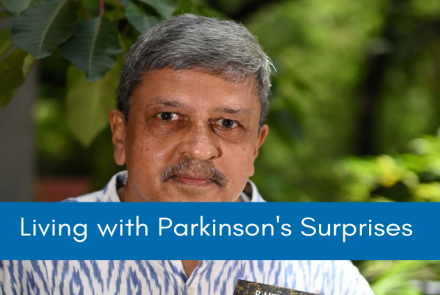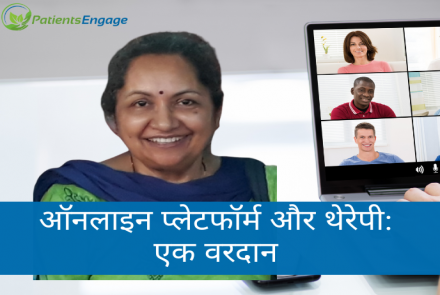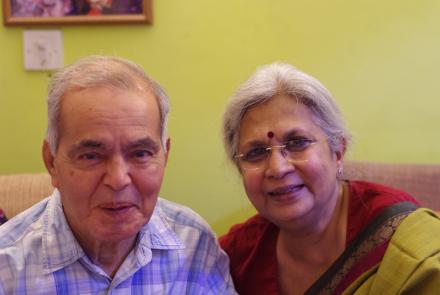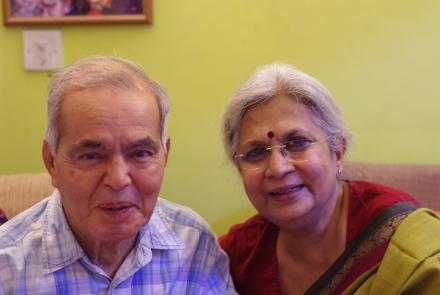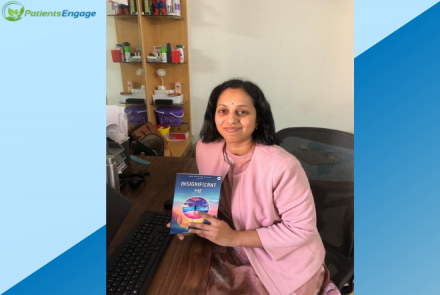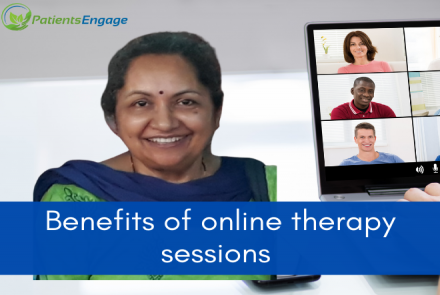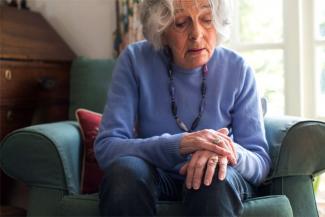
Dr Kapil Agarwal, Senior Consultant & HOD Department of Neurology at W Pratiksha Hospital in Gurgaon, discusses some salient issues about Parkinson’s Disease and how one can tackle it best.
Symptoms of Parkinson’s Disease
Following symptoms may indicate that patient may be suffering from Parkinson's disease:
- Tremors of hands, head, body, etc.
- Slowing of movements in routine activities like walking, eating, dressing, bathing, etc.
- Reduction of facial expressions- decreased blinking of eyes, drooling of saliva from mouth.
- Increased stiffness of body.
- Instability in standing, walking, as also repeated falls.
Age group affected by PD
Parkinson's disease mostly affects persons of old age , usually 55 years or more. However over the past 1-2 decades it has started affecting people of younger age groups - in the fourth to fifth decades also.
Causes of Parkinson's Disease
Parkinson's disease occurs due to a progressive loss of dopamine secreting nerve cells of the brain . It is said that by the time patient starts experiencing symptoms of Parkinson's disease, 70% of dopamine secreting nerve cells are already lost. There are multiple reasons for this - environmental toxins, genetic predisposition, repeated head injuries, as in boxing etc., and also certain drugs.
Types of treatments available for Parkinson’s disease
Parkinson's disease is the disease of brain and nervous system. Hence, the treating doctor should be a Neurologist, a doctor who specializes in diseases of the brain and nervous system.
The medications for Parkinson’s basically increase levels of dopamine inside the brain. This helps in controlling the patient's symptoms like stiffness, tremors and walking instability. Patient can be well-controlled for considerable years of his illness. It is only in the late stages of disease around 8-10 years later, that some patients require other surgical procedures like DBS (Deep Brain stimulation) because of the failure of medicines to control the patient's condition properly. It is very important that proper schedule of medicines, meal timings and activities of daily living are followed so that the patient derives maximum benefit and minimum side effects of medicines. The treating neurologist is, of course, the best judge of the situation.
The Progressive Nature of Parkinson's disease.
Parkinson's disease is mostly a progressive illness, and with time, requirements of medicines tend to increase, and the patient may experience increased need for help in activities of daily living. The patient may even develop memory problems in later stages of the disease as dementia sets in. But an important fact to note is that the course of illness is extremely variable from patient to patient. While some patients may develop progressive deterioration, others may have a very stable disease with minimum fluctuations and preservation of good mobility for years together.
Parkinson’s disease is a chronic illness which I would say is one of those illnesses of neurology which is treatable like diabetes, hypertension etc. It is, of course, not curable, meaning that once diagnosed with this illness, one will usually live with this illness.
Living well with Parkinson disease
There are certain aspects of the disease which, if one carefully understands, becomes easy for one to adapt to one’s daily activities and live life in a better way. Medicines and surgery available do help one to make the movements better to a great extent but like many other treatments they also have their own limitations. If one understands these limitations and what one can do besides medications, one can overpower Parkinson’s disease to quite an extent.
Healthy Lifestyle is Important
Managing good lifestyle is the key to a healthy life and this holds true for Parkinson’s patients also. A healthy life would involve:
- Good restful sleep on time
- Regular and timely meals
- Plenty of water to prevent constipation
- Regular exercises to keep check over fast progression of disease and also to maintain healthier body and mind.
Certain problems like depression in early stages and mobility issues, memory loss in later stages are areas of concern which, if present, can significantly affect quality of life. Depression due to diagnosis of disease, anticipation of lifelong disease and limitations of mobility lower the patient‘s morale.
Attitude Holds the Key
Regular counselling, understanding the disease and medical treatment of depression all help one to overcome the disease in a better way.
As the disease advances and problems of mobility increase, there is increasing tendency to fall down which again results in consequent injuries, fractures, etc.. Adjustment of medication, physical therapy does help. There is also an increasing need of support in daily activities. Physiotherapy, regular active exercises from the starting of disease delays these complications from coming and even if they have come, exercises still support to walk and work in a better way.
The condition of difficulty in movement may make one frustrated and depressed sometimes. It can be hard to talk to people about one’s condition but sharing with family and friends often can be beneficial.
Keeping engaged in daily routine household activities, learning new skills, cultivating hobbies go a long way in delaying as well as managing complications of disease. Deep brain stimulation (DBS) surgery is an effective option in some patients who develop problems due to medicines.
What remains of utmost importance in the treatment schedule is the proper identification of the disease. It is important to understand that there are many diseases which resemble Parkinson’s disease but are actually differentvariants of the disease which do not respond to medicines well. This can be identified with the help of the neurologist.
Overall the right attitude, guidance from the doctor, support from the family and perseverance are keys to better living with Parkinson’s disease.

Dr. Kapil Agarwal, Senior Consultant & HOD, Department of Neurology, W Pratiksha Hospital, Gurgaon.
MBBS Gold Medalist, MD Internal Medicine, DM Neurology (AIIMS New Delhi)



